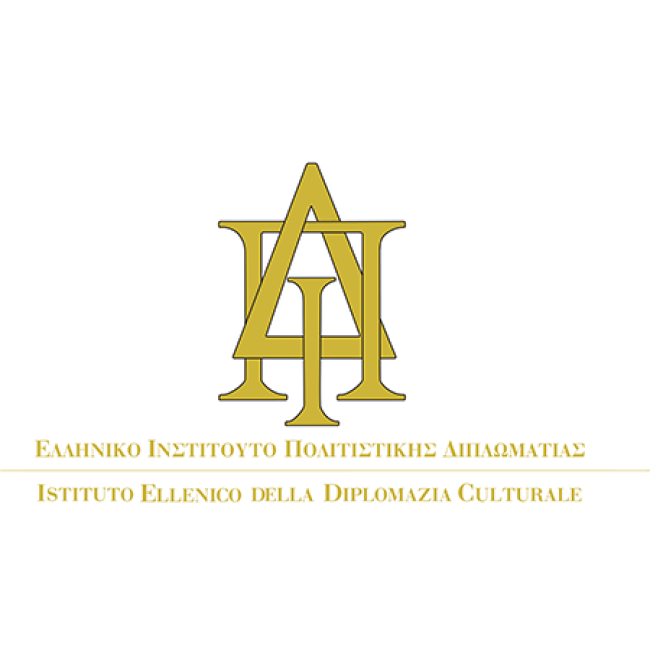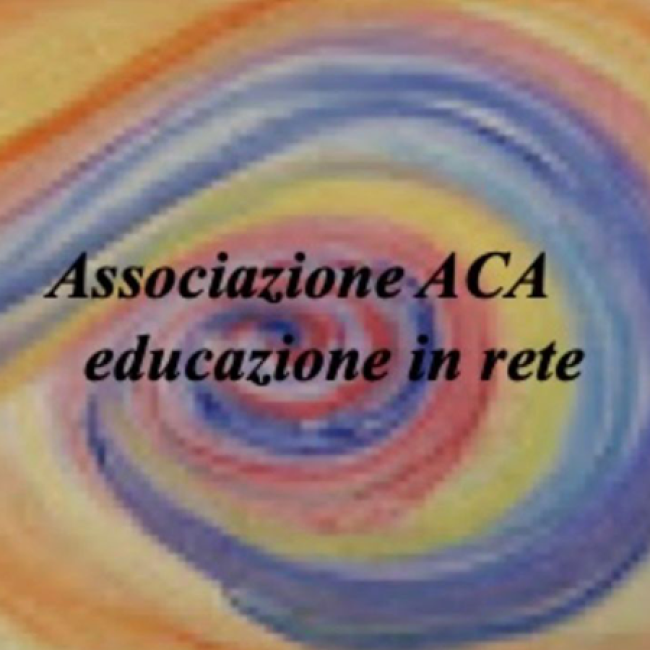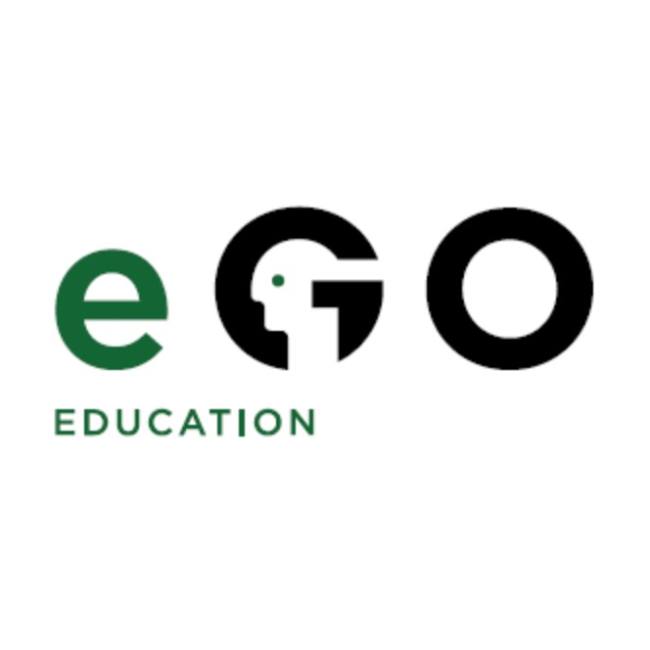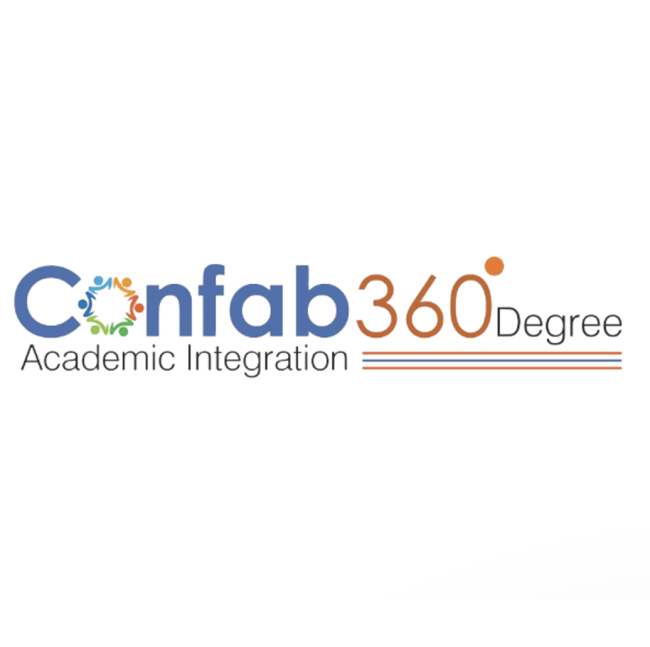Executive Master in Soft Power and Cultural Diplomacy in Foreign Policy
The course begins with an analysis of Athenian strategy during the Peloponnesian War and draws conclusions about its outcomes. The example of Athens’s policy toward Melos is used as a case study. Before addressing Cultural Diplomacy as a key vector of foreign policy, it is particularly important to define the concept of culture, as it determines the nature of such diplomacy and, at the same time, distinguishes it from the methods and practices employed by traditional diplomacy. The conceptual analysis of culture and ideology provides students with a clear framework for the boundaries that exist between intercultural dialogue and propaganda. Distinguishing these two concepts helps to understand the origins of the terms “Public Diplomacy” and “Cultural Diplomacy.” Within the scientific field of political science, the concept of power has always been one of the most essential and central themes in the study of international relations. In today’s interconnected and digitally evolving world, the ability of a state or a private entity to influence international publics is more important than ever. Consequently, the course examines the use of soft power as an instrument of influence in the international life of states. A state’s reputation largely determines its capacity to form alliances, grant loans, attract tourism, or host and organize major sporting events.
Modules and content
Learning Objectives
The course aims to explore issues of cultural diplomacy and soft power—both topics that have not yet been sufficiently discussed and analyzed in public and academic debate. The objective is to provide participants with a comprehensive framework of soft power as a strategic tool in inter-state relations. Specifically, the course examines the theory of the science of cultural diplomacy and soft power; analyzes the interaction between state and non-state actors in the international context; proceeds with a comparative anthropological study among world religions enabling students to develop comprehensive knowledge of peoples’ cultures; and concludes with case studies of China, France, the United Kingdom, the USA, Russia, Brazil, India, Germany, and Turkey in the field of cultural foreign policy. At the same time, an introductory discussion addresses important international issues such as poverty and unequal development, human rights, the spread of democracy, and terrorism.
Career Prospects
The Executive Master in Soft Power and Cultural Diplomacy in Foreign Policy offers several employment opportunities. Below is a non-exhaustive list of possible roles:
- Cultural Manager
- Cultural Affairs Officer (Cultural Attaché)
- Museum Staff Member
- Tour Guide
- Project Manager
- Cultural Mediator
- Communications Manager
Admission Requirements, Assessments, and Final Examination
Applicants holding an Upper Secondary School Diploma and a Bachelor’s degree or a Specialist/Master’s degree (or equivalent prior system) may enroll. In the absence of the required qualifications, admission by dossier is possible, based on an evaluation of academic titles obtained and professional experience, as well as competencies developed in the framework of professional activity.
Lectures will be delivered at the instructor’s discretion through papers, commentaries, specialized manuals, course handouts, or live-streamed classes via platform. Assessment is expressed on a 30-point scale.
The final examination consists of a thesis of at least 30 pages on one of the topics covered during the Master’s program.
Duration and Structure of the Executive Master
Duration: One year (130 hours)
Attendance: Two 4-hour classes per week
Course in Italian
Monday afternoon, 19:00–21:00
Saturday morning, 11:00–13:00
Course in English
Friday morning, 12:00–14:00
Thursday morning, 12:00–14:00
Course in Greek
Tuesday afternoon, 19:00–21:00
Wednesday afternoon, 19:00–21:00
Course Start: 20 October 2025
Course End: 29 May 2026
Instructor: Prof. Peter D. Kapsaskis
Enrollment: Open until 19 October 2025
Minimum number of participants: 5 per course (Italian, English, Greek)
Pre-enrollment required
Credits: 60 ECTS
Modality: Online (live-streamed classes + handouts)
Price: EUR 3.000,00 + EUR 300,00 for Administrative Fees
Course Syllabus
SPS/04 SPS/06 – Introduction to the Theory of Cultural Diplomacy I – ECTS 4
SPS/04 SPS/06 – Theory of Cultural Diplomacy II – ECTS 4
SPS/04 SPS/08 – Theory of Soft Power – ECTS 4
SPS/04 SPS/06 – The Use of Soft Power in Cultural Foreign Policy – ECTS 4
SPS/04 – The Instruments of Cultural Diplomacy – ECTS 4
SPS/04 SPS/08 – The Use of the Instruments of Cultural Diplomacy in Foreign Policy – ECTS 4
M-DEA/01 – Cultural Anthropology through Religion – ECTS 4
SPS/04 M-STO/06 – The Element of Religion in Cultural Foreign Policy – ECTS 4
Case Study 1: Russia, India, Brazil, China, Turkey – ECTS 3
Case Study 2: USA, United Kingdom, Germany, France – ECTS 3
Cultural Mediation Scenario – ECTS 2
Research – ECTS 2
Final Thesis – ECTS 18













